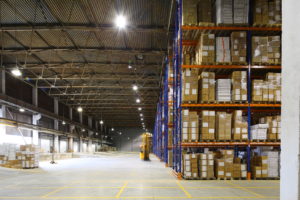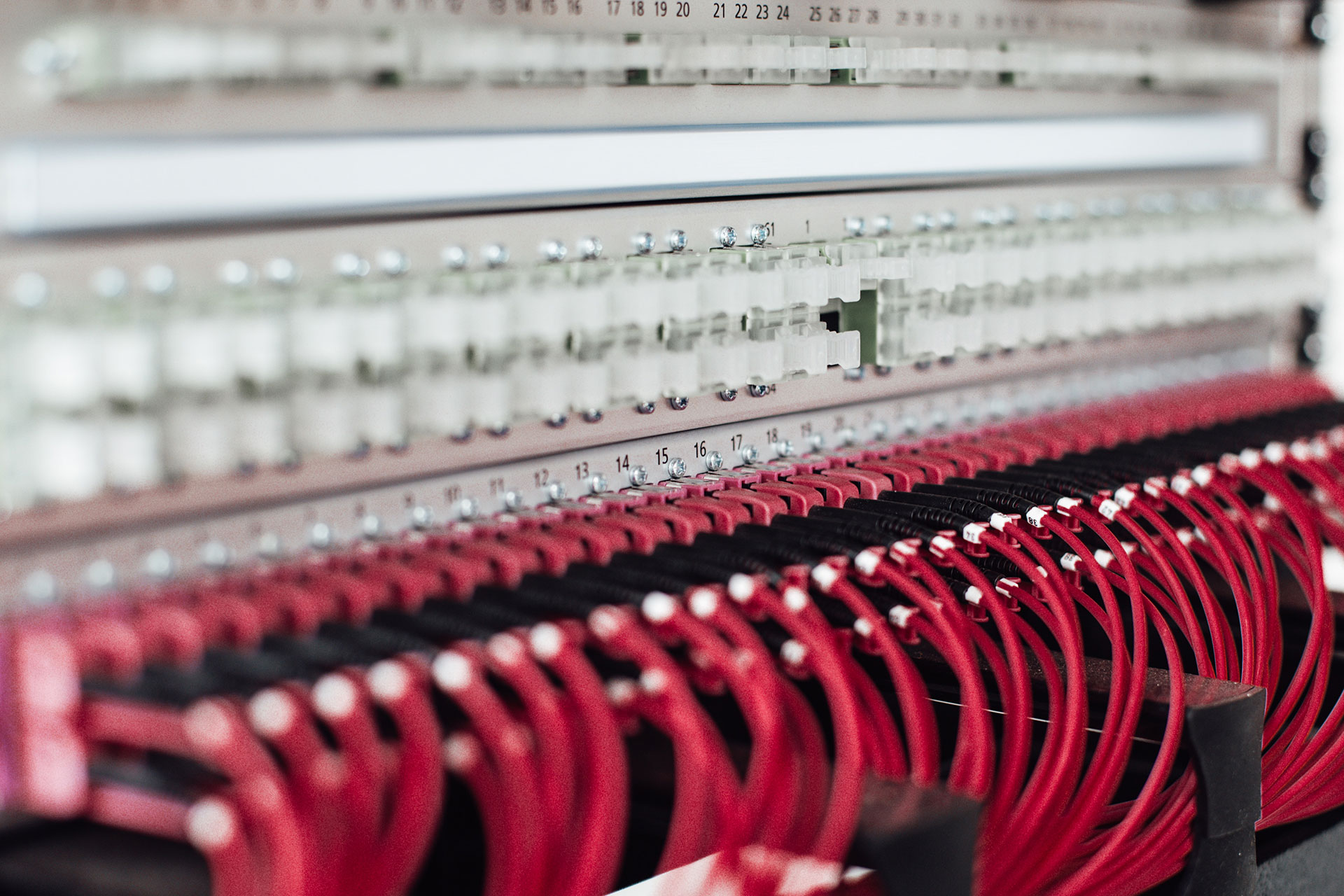The cost of constructing new commercial spaces is changing in 2018. For commercial, industrial, and multifamily construction, 2018 is the perfect time to invest in new projects. There are both national and local industry changes that are affecting the cost of construction in New Jersey, however. Read below for some of the factors that impact the cost of commercial construction in 2018.
Labor Shortage
Across America, there is a shortage of construction laborers. In 2015, there were less than 40,000 professionals working as construction laborers in New Jersey. These numbers are projected to continue to fall. Part of this is due to the rise of younger generations pursuing white collar careers over blue collar careers. Generation Z, those currently under the age of 21, are increasingly attending higher education over vocational schools. In 2016, over 56,000 students were enrolled in New Jersey colleges and universities, with most students pursuing business administration and nursing degrees. Since there are not many young professionals moving into a career as a construction laborer, the price of construction will continue to be more expensive than in years past. The cost of employing construction laborers will need to be a factor in your project’s budget.
Multifamily Construction Continues to Grow
Even though laborers are harder to come by, multifamily construction is on the rise across the northeast. In 2017, multifamily housing construction was measured to be the highest in twenty years, with projections for further growth throughout 2018. It is forecasted that 2018 will see a 5% increase in construction growth in New Jersey. The cost to build a multifamily housing unit is estimated to cost approximately between $85 and $200 per square foot. An important factor that may change the cost of multifamily construction is the drop in gypsum wallboard production. Gypsum wallboards are produced largely in Florida, Puerto Rico, and Texas – all of which were affected greatly by the 2017 hurricane season. Gypsum wallboards are a common construction element found in many forms of construction, but is particularly relied upon in multifamily construction. As gypsum wallboard production returns to pre-hurricane levels, the price will drop; however, for the time being, gypsum wallboard will change the cost of multifamily construction.
Steel Tariffs Could Change Prices Dramatically
It was projected that in 2018 fabricated steel would see a drop in price. However, with President Trump’s recent plans to place heavy tariffs on steel imports, this could change the cost of fabricated steel dramatically. The US produces 5% of the world’s steel, one of the top five producers of steel in the world. China produces 49% of the world’s steel, followed by the European Union at 10% of global steel production. Should President Trump’s 25% tariff on steel imports be passed into law, then the cost to use steel in construction would likely rise dramatically. While the US does produce a fair amount of steel, the US construction industry relies heavily on imported steel as well. There would also be a 10% tariff on aluminum imports, another material that is vital to sustainable construction efforts. Whether or not the steel tariffs pass through legislation will determine how the cost of steel changes both domestically and internationally.
Cost of Insurance on Construction Materials
Throughout the country, the cost to insure non-combustible construction materials (e.g. concrete) is less costly than insuring combustible construction materials (e.g. wood and plastic). Insurance costs also rise in some regions of the country where environmental and geographic features can increase the risk of structural damage. In New Jersey, the cost to insure concrete is far cheaper than the cost to insure wood. Insurance premiums for commercial properties in Edgewater, New Jersey, for example, were estimated to cost over $52,000 to insure wood compared to $22,120 to insure concrete. In commercial property construction, choosing to construct with concrete over wood will lead to an average of 57.7% savings. Additionally, insurance rates in New Jersey are dependent on how a commercial property’s roof is constructed. Construction companies have different insurance pricing systems, so insurance prices fluctuate across the state. Compare contractors before you move forward with a project.
Commercial Construction Stays Modular
Modular is a popular choice for commercial construction due to its environmentally friendly design: pieces of a building are pre-fabricated off-site. This leads to very little site disruption as well as an efficient construction completion. Modular commercial construction costs as much as $100 per square foot to as a low as $35 per square foot. On a national scale, modular construction costs between $35,000 and $200,000. The cost for modular commercial construction in New Jersey will be impacted by the labor shortage and the cost of construction materials; however, since the site construction is shorter, the cost for laborers will be less prohibitive than in other projects.
New Industrial Spaces Are in Demand

With the rise of e-commerce giants such as Amazon and Blue Apron, the demand for new industrial spaces in New Jersey is soaring. The cost to rent current industrial spaces is incredibly expensive due to this demand, with some spaces costing as much as $88 per square foot. While constructing a new space may seem costly at first, it will be highly beneficial in the long term. A popular method of building industrial warehouses is by using pre-engineered I-Beams. A 50 by 100 ft. warehouse would cost approximately $51,200 to build. The cost per square foot would be approximately $10.24. A warehouse that is 200 by 300 ft. – a much larger scale – would cost an approximate $460,800. However, it would be cheaper per square foot, costing roughly $7.51 per square foot. While a larger industrial space will cost more to construct at the outset – due to the reliance on more expensive materials such as steel – the cost per square foot would be more attractive to new clients. New industrial warehouse construction will easily find tenants due to the increased demand for more space.
The cost of commercial construction is going to be heavily impacted by fluctuating costs in materials. The shortage of construction laborers will also impact the cost of construction. However, New Jersey is poised to see growth in commercial construction efforts across the state. 2018 is the perfect time to invest in new construction efforts.

